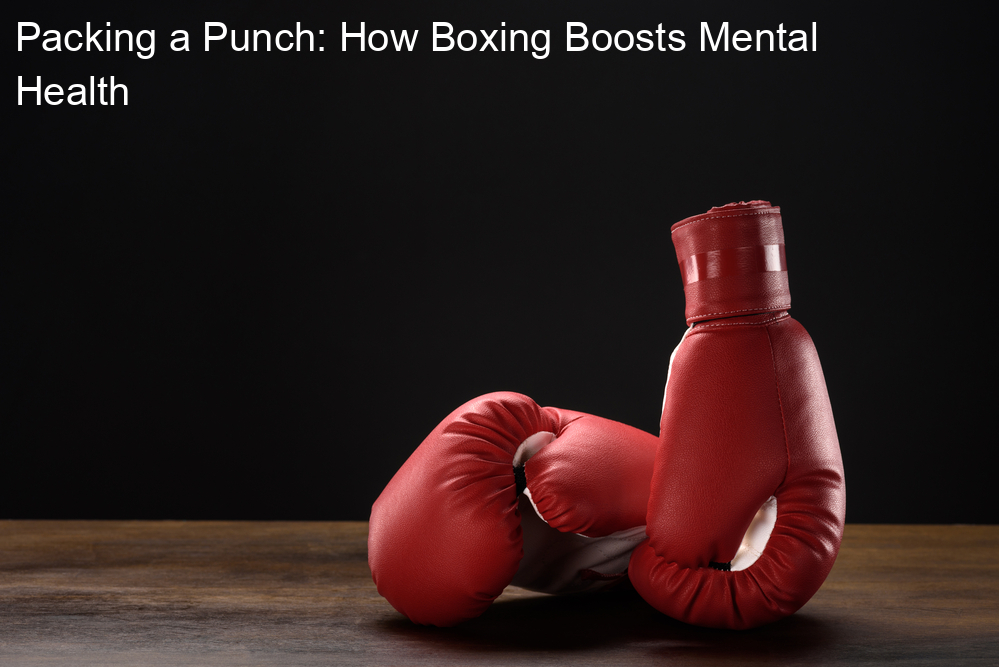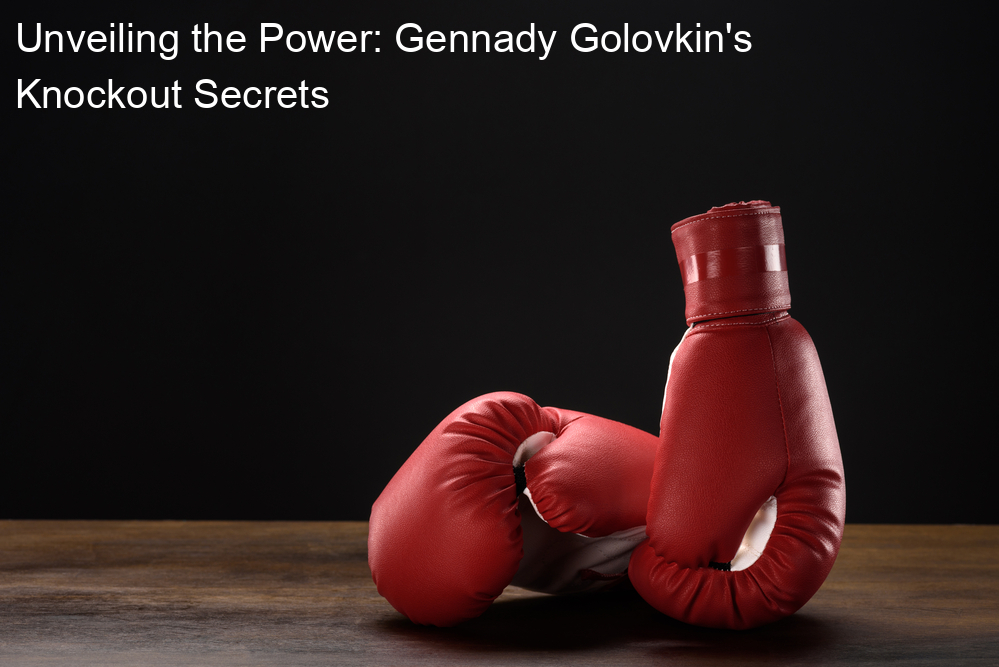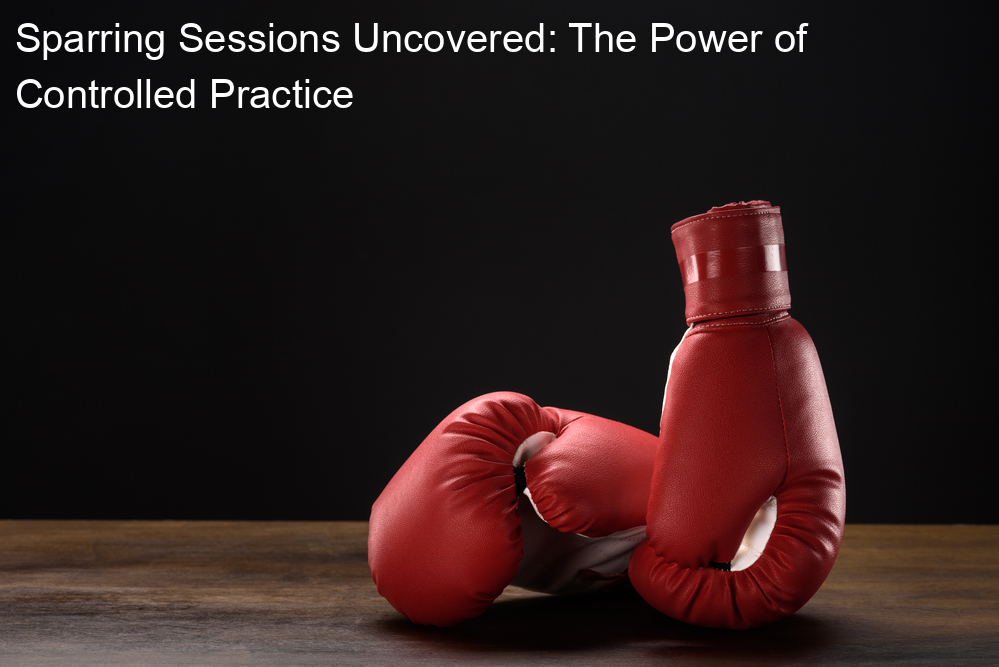
Introduction to Boxing Therapy
Boxing therapy is a unique approach to mental health that combines physical activity with mental wellness strategies. It’s a topic that has been gaining attention in recent years, and for good reason. In this section, we will delve into what boxing therapy is and how it has evolved over time.
- Definition of Boxing Therapy
- History and Evolution of Boxing Therapy
Boxing therapy is a form of therapy that combines the physical exercise of boxing with mental health strategies. It is designed to help individuals improve their mental well-being by focusing on physical strength, coordination, and endurance. The aim is to provide a holistic approach to mental health, addressing both the mind and the body.
Boxing therapy has its roots in the ancient sport of boxing, which has been practiced for thousands of years. However, the concept of using boxing as a form of therapy is relatively new. It began to gain popularity in the late 20th century, as mental health professionals started to recognize the benefits of physical activity for mental well-being.
Over the years, boxing therapy has evolved to incorporate various techniques and strategies from other forms of therapy. Today, it is a comprehensive approach that addresses various aspects of mental health, including stress management, self-esteem, and emotional regulation.
In the following sections, we will explore how boxing therapy contributes to mental well-being, the benefits of boxing training for mental health, and how boxing can be used as a form of mental health therapy. We will also provide a comprehensive overview of the relationship between mental health and boxing.
Understanding Mental Well-being through Boxing
Boxing is not just a physical sport. It’s also a powerful tool for mental well-being. Let’s delve into the psychology of boxing and understand how it contributes to our mental health.
The Psychology of Boxing
Boxing is a sport that demands not only physical strength but also mental agility. It’s a game of the mind as much as it is a game of the body. Let’s explore two key aspects of the psychology of boxing: the mind-body connection and boxing as a form of meditation.
- Boxing and the Mind-Body Connection
- Boxing as a Form of Meditation
Boxing is a sport that requires a strong mind-body connection. You need to be aware of your body’s movements and how they relate to your mind’s commands. This connection can enhance mental clarity and focus.
According to a study, boxing training can improve cognitive functions such as attention, memory, and processing speed. This is because boxing requires quick decision-making and sharp reflexes, which stimulate the brain.
Boxing can be a form of moving meditation. When you’re in the ring, you need to be fully present and focused on the task at hand. This can help clear your mind and reduce stress.
Boxing requires concentration, discipline, and mindfulness, similar to meditation. This can help improve mental well-being by reducing anxiety and promoting relaxation.
In conclusion, boxing can be a powerful tool for mental well-being. It can enhance the mind-body connection and serve as a form of moving meditation, contributing to improved mental health.
Boxing for Mental Health
Boxing is not just a physical sport, it also has significant benefits for mental health. Let’s explore how boxing can help manage stress and boost self-esteem.
- How Boxing Can Help Manage Stress
- Boxing and Self-Esteem
Boxing is a great way to manage stress. When you’re boxing, you’re not just throwing punches. You’re also releasing tension and letting go of negative energy. It’s a form of physical exercise that can help reduce stress hormones in your body and stimulate the production of endorphins, which are natural mood lifters.
Imagine this: You’ve had a tough day at school or work. You’re feeling stressed and overwhelmed. You put on your boxing gloves and start hitting the punching bag. With each punch, you’re letting go of your stress. You’re focusing on your movements and forgetting about your worries. After your boxing session, you feel calmer and more relaxed. That’s the power of boxing.
Boxing can also boost your self-esteem. When you’re boxing, you’re challenging yourself. You’re pushing your limits and achieving new goals. This can make you feel good about yourself and boost your confidence.
Let’s take an example. You’ve been training for a boxing match. You’ve been working hard, practicing your moves, and improving your strength and stamina. Finally, the day of the match arrives. You step into the ring, ready to give your best. Regardless of the outcome of the match, you feel proud of yourself for your hard work and dedication. This can significantly boost your self-esteem.
In conclusion, boxing is not just about physical strength and agility. It’s also about mental strength and resilience. It’s a powerful tool for managing stress and boosting self-esteem. So, why not give it a try?
Boxing Training Benefits for Mental Health
Boxing, a powerful sport, has been recognized not only for its physical benefits but also for its positive impact on mental health. Let’s explore the physical benefits of boxing training and how they contribute to mental well-being.
Physical Benefits
Boxing training can provide a range of physical benefits. These benefits, in turn, can contribute to improved mental health. Here are two key physical benefits of boxing:
- Improvement in Physical Fitness
- Boost in Energy Levels
Boxing is a full-body workout that engages every muscle group in your body. Regular boxing training can help improve your strength, agility, speed, and endurance. This improvement in physical fitness can lead to better mental health. According to a study by the American Journal of Psychiatry, individuals with higher levels of physical fitness are less likely to develop mental health issues.
Boxing training can also boost your energy levels. The intense workouts can increase your heart rate, improving your cardiovascular health and increasing your stamina. This boost in energy can make you feel more active and lively, which can improve your mood and overall mental health. A study published in the Journal of Happiness Studies found that physical activity, like boxing, can increase energy levels and reduce feelings of fatigue.
In conclusion, the physical benefits of boxing training, such as improved physical fitness and increased energy levels, can contribute significantly to better mental health. So, if you’re looking for a way to improve both your physical and mental well-being, boxing might be the perfect sport for you.
Mental Benefits
Boxing training is not only beneficial for your physical health but also for your mental well-being. Let’s delve into the two key mental benefits that boxing can provide.
- Enhanced Focus and Concentration
- Increased Confidence and Self-Efficacy
Boxing is a sport that requires a high level of focus and concentration. When you’re in the ring, you need to be aware of your opponent’s movements, anticipate their actions, and respond quickly. This constant need for alertness and attention to detail can help improve your focus and concentration in other areas of your life as well.
According to a study conducted by the University of Miami, individuals who engage in boxing training show significant improvements in their cognitive functions, including focus and concentration. This is because boxing stimulates the brain to create new neural pathways, enhancing its overall functioning.
Boxing is a sport that requires strength, agility, and resilience. As you train and see improvements in your physical abilities, you’ll also notice a boost in your confidence and self-efficacy. You’ll start to believe in your abilities to overcome challenges, not just in the ring, but in life as well.
A study published in the Journal of Applied Sport Psychology found that boxing training significantly increases individuals’ self-efficacy. This is because boxing provides a platform where you can set goals, work towards them, and see tangible results, which in turn boosts your confidence and belief in your abilities.
In conclusion, boxing training offers numerous mental benefits, including enhanced focus and concentration, and increased confidence and self-efficacy. So, if you’re looking for a way to boost your mental health while also staying fit, boxing might be the perfect choice for you.
Mental Health Therapy through Boxing
Boxing is not just a physical sport; it’s a powerful tool for mental health therapy. It’s a way to channel energy, relieve stress, and build self-confidence. Let’s delve into how boxing can be used as a therapeutic tool.
Boxing as Therapy
Boxing is a unique form of therapy that combines physical activity with mental stimulation. It’s not about violence or aggression; it’s about discipline, focus, and self-control. Boxing can help individuals manage their emotions, improve their mood, and reduce symptoms of mental health disorders.
-
Therapeutic Benefits of Boxing
Boxing offers a range of therapeutic benefits. It can:
- Improve mood: Boxing releases endorphins, the body’s natural mood boosters.
- Reduce stress: Physical activity, like boxing, can help reduce stress levels.
- Boost self-esteem: Mastering boxing techniques can increase self-confidence and self-esteem.
- Improve focus: Boxing requires concentration and focus, which can help improve these skills in daily life.
-
Case Studies: Success Stories of Boxing Therapy
Many individuals have found success with boxing therapy. Here are a few examples:
Name Mental Health Challenge How Boxing Helped John Depression Boxing helped John manage his symptoms and improve his mood. Sarah Anxiety Sarah found that boxing helped her reduce her anxiety levels and increase her self-confidence. Mike PTSD Boxing helped Mike channel his energy and manage his PTSD symptoms.
Boxing therapy is a powerful tool for mental health. It’s not just about the physical benefits; it’s about the mental and emotional benefits as well. Whether you’re dealing with stress, anxiety, depression, or another mental health challenge, boxing may be a therapeutic option worth considering.
Mental Health and Boxing: A Comprehensive Overview
Boxing is not just a sport; it’s a powerful tool that can positively impact our mental health. Let’s delve into the science behind boxing and mental health.
The Science Behind Boxing and Mental Health
Boxing has a significant impact on our mental health, both neurologically and psychologically. Let’s explore these two aspects.
- Neurological Impact of Boxing
- Psychological Impact of Boxing
Boxing is a physical activity that requires concentration, coordination, and agility. These requirements stimulate our brain, leading to the production of endorphins – our body’s natural mood enhancers. Regular boxing can lead to increased neural connections, improving memory and cognitive functions.
According to a study by the National Institute of Health, regular physical activity like boxing can help reduce the risk of neurodegenerative diseases such as Alzheimer’s and Parkinson’s.
Boxing is a great stress reliever. The focus required during boxing training can help distract us from our daily worries, providing a mental break and reducing stress levels. Moreover, the sense of achievement after a good boxing session can boost self-esteem and confidence.
A case study published in the Journal of Clinical Psychology found that boxing training significantly reduced symptoms of depression and anxiety in participants. The study concluded that boxing could be an effective intervention for mental health issues.
In conclusion, boxing is more than a physical workout. It’s a mental workout that can help us maintain a healthy mind and a positive outlook on life. So, let’s put on our gloves and fight our way to better mental health!
Well-being through Boxing Training
Boxing is more than just a sport; it’s a powerful tool for promoting overall well-being and mental resilience. Let’s explore how.
- How Boxing Promotes Overall Well-being
- Boxing as a Tool for Mental Resilience
Boxing is a full-body workout that engages both the mind and the body. It improves cardiovascular health, strengthens muscles, and enhances coordination. But the benefits of boxing extend beyond the physical.
Boxing also promotes discipline, self-confidence, and stress relief. The intense focus required during training can help clear the mind, much like meditation. This mental clarity can improve mood and overall well-being.
According to a study by the American Psychological Association, regular physical activity like boxing can reduce symptoms of anxiety and depression. So, boxing is not just about getting fit; it’s about feeling good too.
Boxing training can also build mental resilience. The sport teaches you to face challenges head-on, to get up when you’re knocked down, and to keep going when things get tough. These are valuable lessons that can be applied in everyday life.
Boxing requires mental toughness and perseverance. It teaches us to manage stress, to stay calm under pressure, and to focus on the task at hand. These skills can help us navigate life’s ups and downs with more resilience.
A case study published in the Journal of Clinical Psychology found that boxing training helped participants cope better with stress and improved their overall mental resilience. So, boxing is not just a sport; it’s a tool for mental strength and resilience.
Conclusion: Boxing, A Powerful Ally for Mental Health
As we conclude, it’s clear that boxing is not just a physical sport, but a powerful tool for mental health. It’s a therapy that can help us face our fears, build resilience, and improve our overall well-being.
- Key Takeaways
- Boxing helps to reduce stress and anxiety by providing a physical outlet for pent-up emotions.
- It boosts self-esteem and confidence by helping individuals achieve their goals and overcome challenges.
- Boxing can improve focus and concentration, essential skills for managing daily tasks and responsibilities.
- It encourages resilience and perseverance, teaching individuals to get back up after a fall and keep fighting.
- Future Prospects of Boxing Therapy
Boxing therapy is a unique approach to mental health, combining physical activity with mental challenges. Here are the key takeaways:
Boxing therapy is gaining recognition as a viable form of mental health treatment. As more research is conducted, we can expect to see it incorporated into more mental health programs. It’s a promising future where boxing is not only seen as a sport but also as a powerful ally for mental health.
Remember, mental health is just as important as physical health. So, let’s put on our gloves, step into the ring, and fight for our mental well-being. Boxing is more than a sport, it’s a journey of self-discovery and healing.






